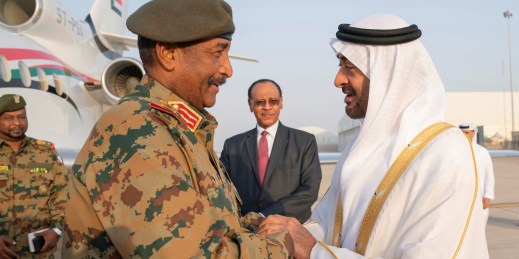
The U.S. military commitment to the Middle East has long been a core principle of U.S. foreign policy, stemming from the conviction that it keeps the region from falling into chaos and that a retreat would embolden enemies there and around the world. But the world is changing, and so should U.S. policy toward the Middle East.



